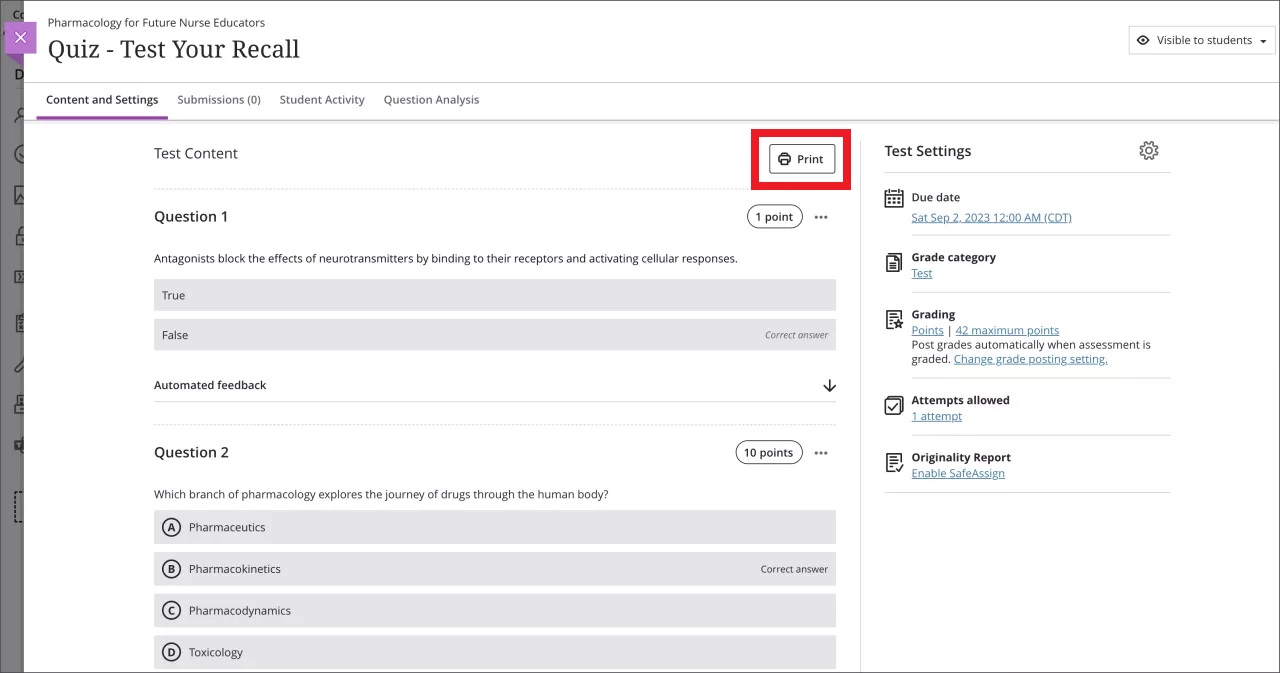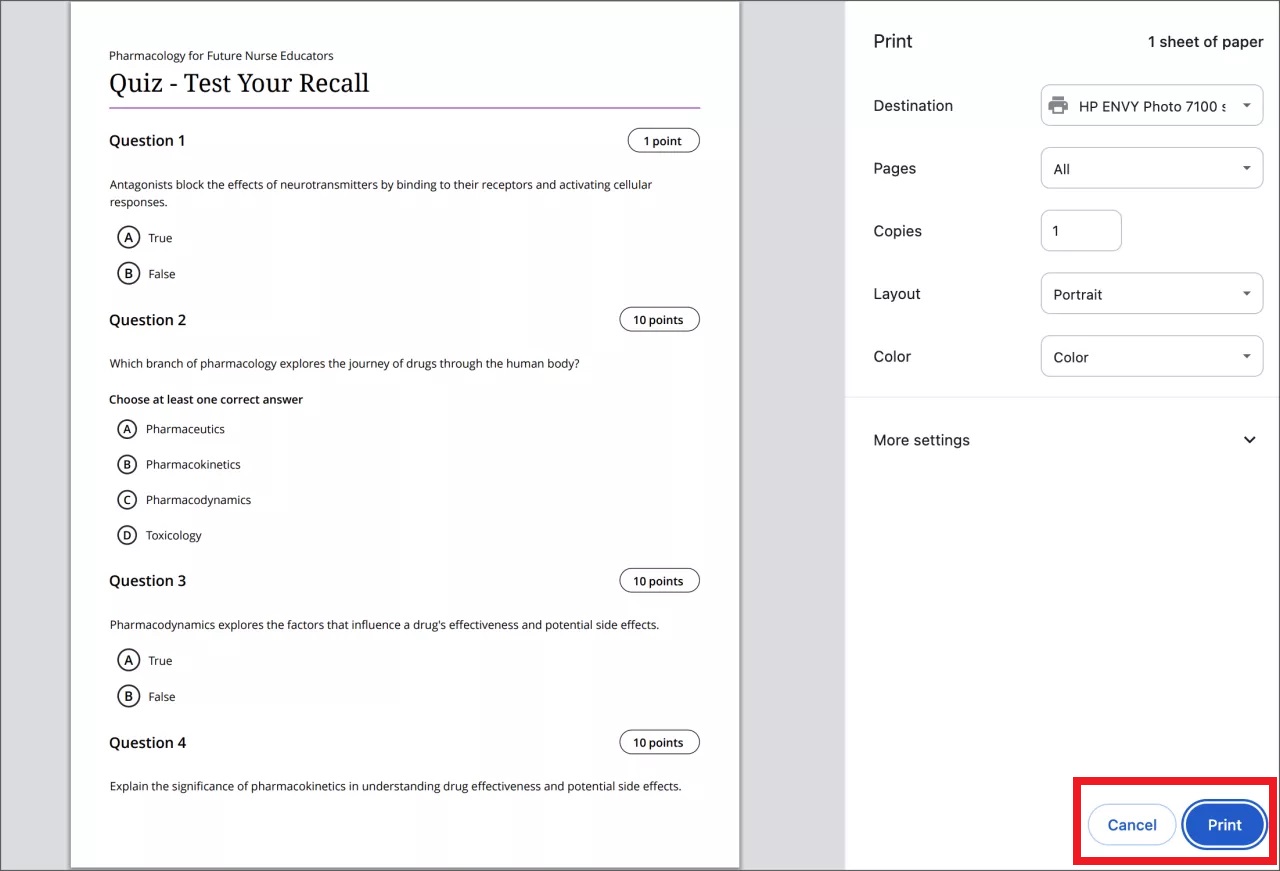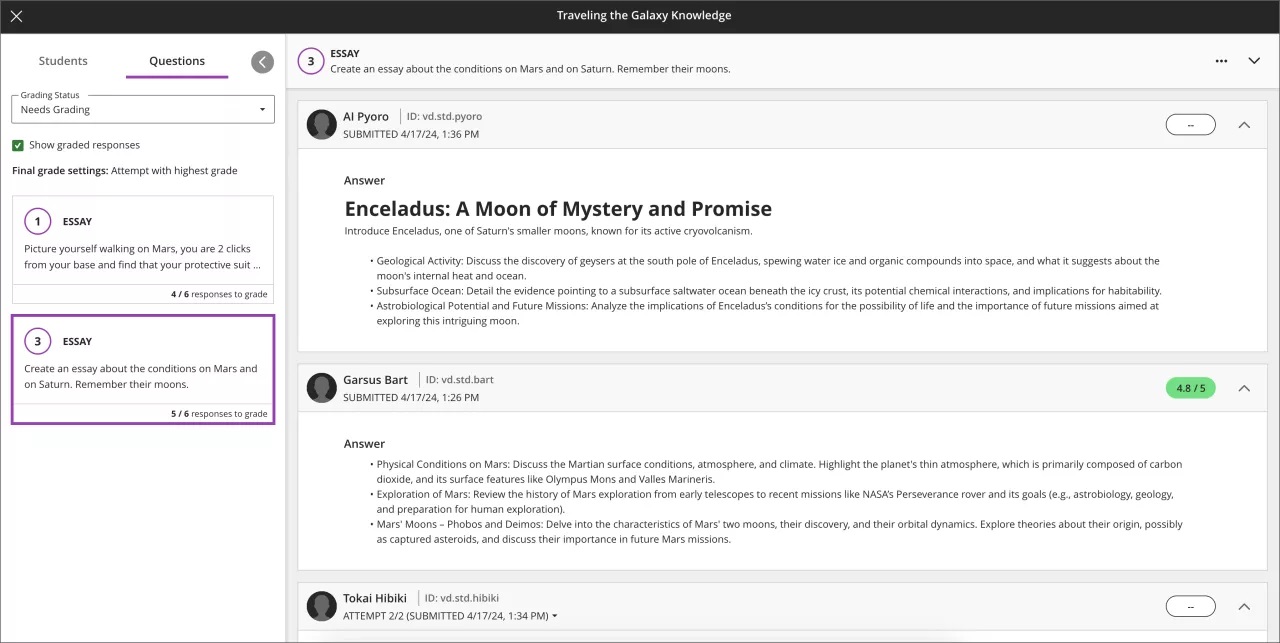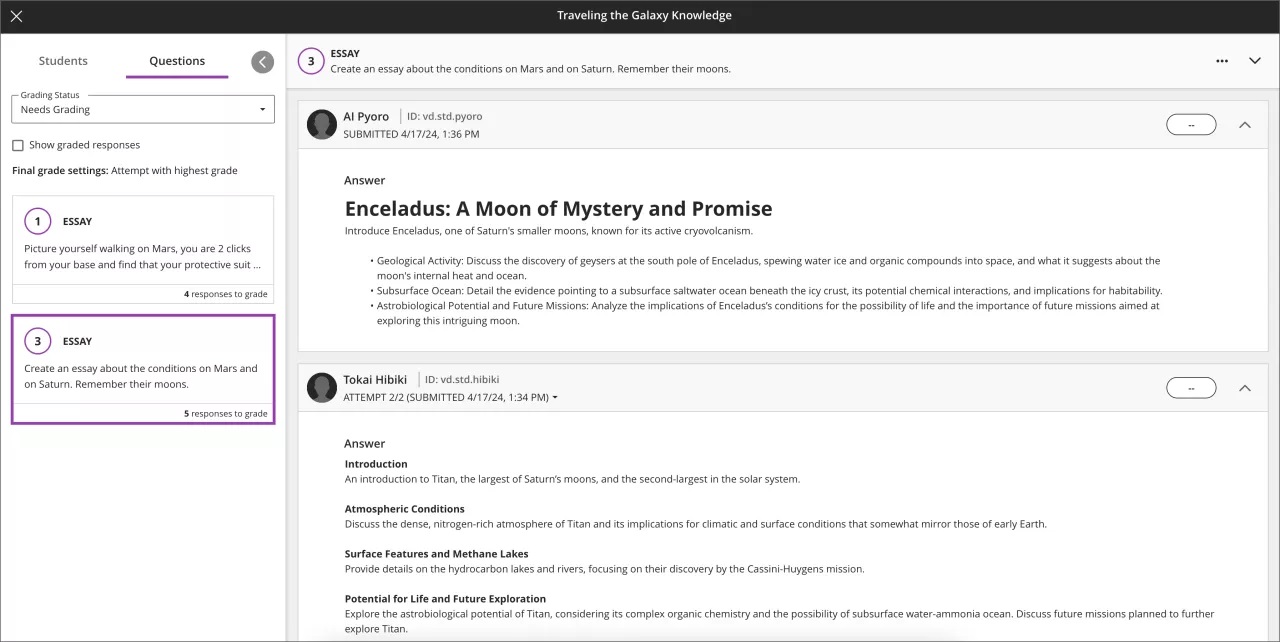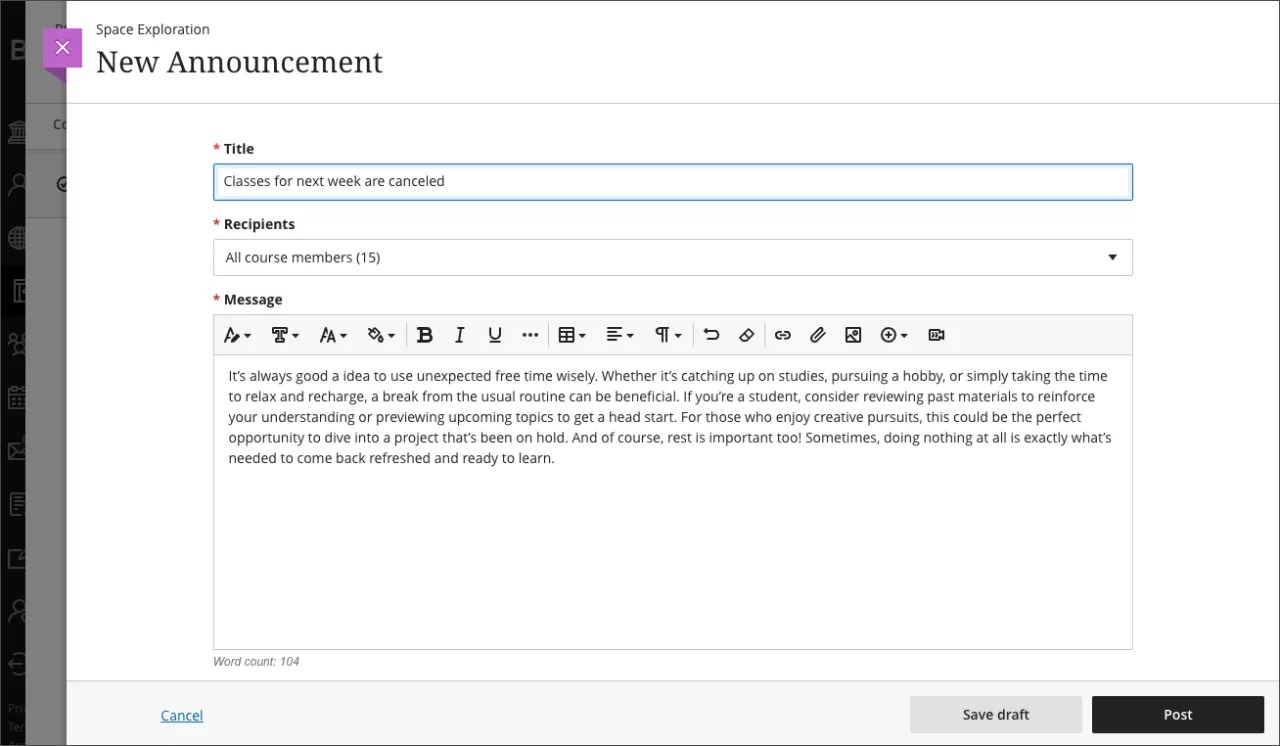
As leader of our PGCTHE programme, I keep an eye out for resources to help staff teach effectively. These include webinars, podcasts, online toolkits, publications and more. Topics include active learning, online/blended teaching, accessibility/inclusion, and effective learning design based on cognitive science. Below I’ve listed items that came to my attention in the past week. In the interest of clarity, our policy is to show the titles and descriptions in the language of delivery.
Online events and webinars
June
- June, July, August Equity Unbound, MyFest exploring “open educational practices, Artificial Intelligence and digital literacies, critical pedagogy and socially just education, wellbeing and joy, community building and community reflection”
- 27/6/2024 Future Teacher Webinars, Future Teacher Reflections
July
- 1/7/2024 #CreativeHE, Open crowdsourced book launch: Towards AI literacy: 101+ creative and critical practices, perspectives and purposes, a #creativeHE project
- 1/7/2024 Jisc Artificial Intelligence, Artificial intelligence and ethics (mini-MOOC)
- 2, 5 & 10/7/2024 Jisc Artificial Intelligence, Getting creative with generative AI
- 3/7/2024 CETI, Fieldtrips: Action and expression of learning outside the lecture room
- 3/7/2024 #CreativeHE Jam: a celebration of creativity in higher education
- 4/7/2024 Centre for Online and Distance Education (CODE), AI as a learning support
- 5/7/2024 Creative Education Online (CEO) Seminar Series, Navigating the Future: Exploring AI Literacy in Creative Education with Mary Jacob (PGCTHE Coordinator, Lecturer in Learning & Teaching at Aberystwyth Uni)
- 10/7/2024 University of Hull’s Teaching & Learning Conference, Integrating Educational Thinking (online)
- 10/7/2024 UDL UK and Ireland Network, Emotionally Intelligent Instruction
Resources and publications
Resources on Generative AI
- Abegglen, S., Nerantzi, C., Martínez-Arboleda, Karatsiori, M., Atenas, J. & Rowell, C. (Eds.) (6/2024), Towards AI literacy: 101+ creative and critical practices, perspectives and purposes, #creativeHE
- Furst, E. (5/2024), Using Generative AI in Higher Education: Insights from cognitive science, EfratFurst
- Furze, L. (21/3/2024), Artificial Intelligence and Teacher Workload: Can AI Actually Save Educators Time?, Leon Furze
Other resources
- Advance HE, Spaeth, E. (2024), Framework for Inclusive Learning and Teaching, Advance HE
- Ajjawi, R., Tai, J., Dollinger, M., Dawson, P., Boud, D., & Bearman, M. (19/10/2023), From authentic assessment to authenticity in assessment: broadening perspectives, Assessment & Evaluation in Higher Education, 49(4), 499–510
- Bolstad, T., Strømberg, A., Amberg, S., & Bjørnevik, I. (13/5/2024), Design thinking and shared ignorance as a framework for student-faculty partnerships: A case study of the creation of teaching activities for wicked problems, International Journal for Students as Partners, 8(1), 190–199
- Czerniewicz, L. & Cronin, C. (eds) (2023), Higher Education for Good: Teaching and Learning Futures. Cambridge, UK: Open Book Publishers
- Pearson, J. (3/5/2024), Neurodivergent students’ experiences of Assessment in NMES: a research study, Assessment for Learning at King’s
- Smith, P. V., & Whitworth, D. (2024), Anonymous assessment: is it still worth it?, Teaching in Higher Education, 1–9
- University of York (n.d.), Good Practice in Programme Design
Other
- Monthly series European Network for Academic Integrity, ENAI monthly webinars free open webinars on various topics related to academic integrity.
- Subscribe to SEDA’s mailing list for email discussions about educational development and emerging teaching practices. This is one of the sources I use when identifying useful material for the Roundup.
- Join the #LTHEchat on Twitter Wednesday nights for one hour of lively discussion about learning and teaching in HE. I often find out about good resources for the Roundup from the chat.
Please see the Staff Training booking page for training offered by the LTEU and other Aberystwyth University staff. I hope you find this weekly resource roundup useful. If you have questions or suggestions, please contact our team at lteu@aber.ac.uk. You may also wish to follow my Twitter feed, Mary Jacob L&T.

